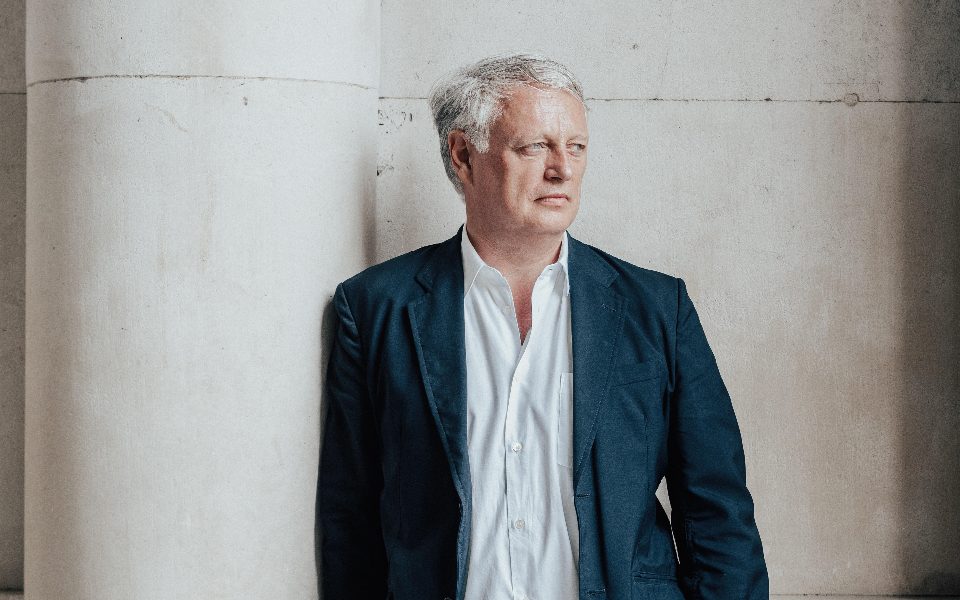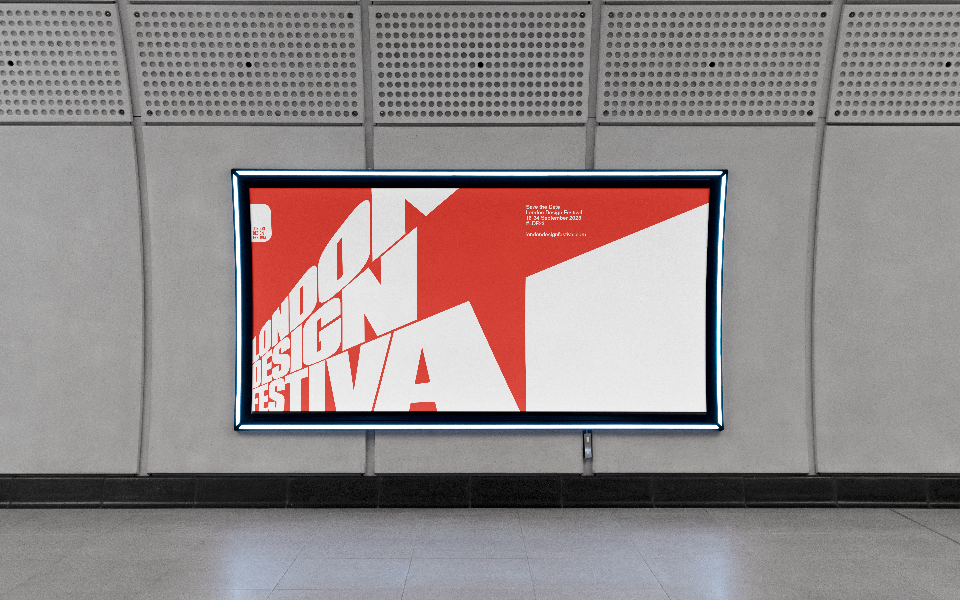London Design Festival director: the UK government must regulate AI technology

The first AI-generated buildings have already been built. Adam Bloodworth hears how it’s a hot topic at this month’s London Design Festival, running 16 – 24 September at venues across London
Architects don’t need AI,” declared Britain’s most famous architect Norman Foster in May. Three months later, his firm Foster + Partners gave a pithy quote to The Guardian about the future of AI in architecture. “Imagine a facade that could passively deform, creating louvres or overhangs to shade different parts of a building according to the temperature,” they said. Just imagine it.
The firm’s quote felt like the exact opposite to the stance of their founder, that the technology is a waste of time. “Yeah,” agrees Ben Evans, director of the London Design Festival, which returns to London this month. The debate over the value of AI may be raging, but you actually needn’t bother imagining an AI building: the first AI generated hotels have already been built by the Chinese tech company XTool. Inside architecture circles, it’s diplomatic to say incorporating artificial intelligence has been divisive, with some architects fearing for their jobs and the future of their industry.
“At the top end, and it’s very much at the top end of the profession, there is some disdain for it,” says Evans. “You spend decades working and training on something and it’s worked to date, so why do you need it? That’s a rhetorical question. A lot of the better architects are quite dismissive of it. It’s later in life that most architects benefit from the decades of work they put in, and this idea that someone, something, can come and replicate that is not something they want to hear.” AI’s dominance will be a major talking point at the London Design Festival, which starts this weekend and runs until 17 September at venues across the capital. You can meet the first AI designer, Tilly, at a King’s Cross exhibition, or see a talk on the future of art and photography amid AI, or learn about harnessing the possibilities of tech in architecture.

Artificial intelligence-led or involved projects are in motion at design firms on both sides of the pond, but Evans says he doesn’t believe creative jobs are at threat yet. “It’s about efficiency,” he says. “In architecture there’s a lot of dreary, mundane stuff that goes behind any great building. “If you can do that more quickly and more cheaply and more efficiently, surely that’s a good thing.” He goes further, calling it the biggest change in the industry since the industrial revolution. “It’s gonna happen whether we like it or not, so we want to be as informed as we can and work with it as a creative tool rather than undermining the creatives.”
He believes that when it comes to actual creativity, AI technology is leagues behind human brain power. It’s true: images of the first AI buildings such as the Shenzhen Bay International Hotel in China look cold and somewhat incongruous. “If you put in ‘design me a Zaha Hadid building,’ [to AI technology] I don’t think they’re very good. It’s a bit like getting one of those apps to draw a Picasso: they’re not quite right.”
Foster + Partners suggested that one “huge” threat from AI is data breaches: will company data will be secure or passed to third parties by AI technology? Evans is calling for government regulation of AI products in line with Biden’s response to the growth of AI in America. “We must be clear-eyed and vigilant about the threats emerging technologies can pose to our democracy and our values,” Biden said in July.
“What we need to do is establish regulation and the dos and don’ts and the rules. Biden in the US has met with the top ten AI providers and they agree that AI will be applied across every sector. I’m told that conversation hasn’t happened here yet. The UK government is a bit behind the curve. Major technology companies are ready to have that conversation. The idea that uncontrollable robots are going to take over the world is sci-fi, but to suggest the sector should be unregulated is nonsense, you’ve got to put something in there to make sure it remains sci-fi.”

The London Design Festival is loosely connected by three thematic ideas: sustainability, AI tech, and well being in the wake of the pandemic. Twelve areas of London invite guests to explore different design pieces over an evening, taking in ten or so design feats as you stroll with a glass of wine. The full list of viewable attractions is available on the festival’s website. Evans is keen to promote the evening in Shoreditch next Tuesday and is excited by the light installation in St Paul’s Cathedral, which is free to visit if you book via the Festival website. “It is one of the most important buildings in the city but Londoners never go there,” says Evans. “I think my dad took me up to the top when I waste or something, then I didn’t go for 30 years. That’s a very typical story and they were aware that the only people who visited were worshippers and international tourists. They should be finding more ways to engage with their community, which is the population of London. We were one of the mechanisms to do that, so I’m very pleased we’re back in there again.”
St Paul’s hasn’t worked with the festival for 12 years and rarely stages installations. There’s a good story about how the Design Festival got in the front doors in the first place. “I was interviewed by a guy who turned up with a dog collar,” says Evans. “We did the interview and I said ‘do you have another job?’ and he said he was part of the clergy at St Paul’s doing a bit of freelancing. He had a word with the Dean and it went from there.”
Evans is most interested in getting the hundreds of wondrous designs that form the festival in front of new audiences and spreading the word about design far and wide. “It’s worth reminding ourselves that London has got the biggest creative economy of any global city, of which design is a central part,” he says. “Designers are the problem solvers of the 21st century, we’ve got a hell of responsibility.”
